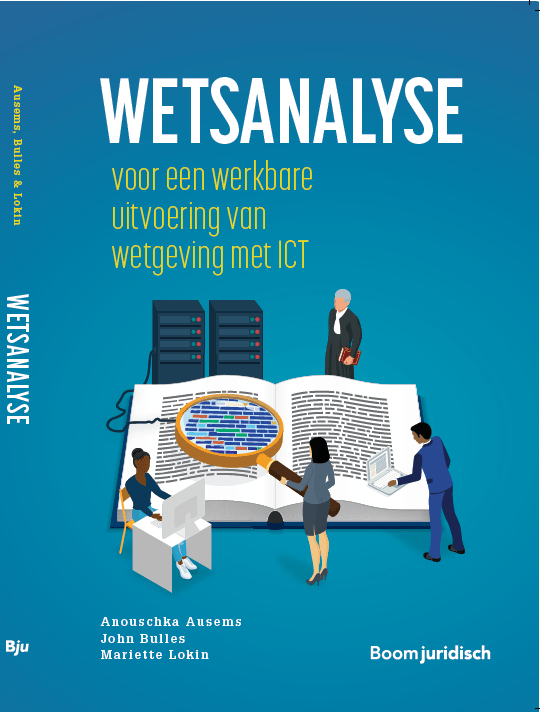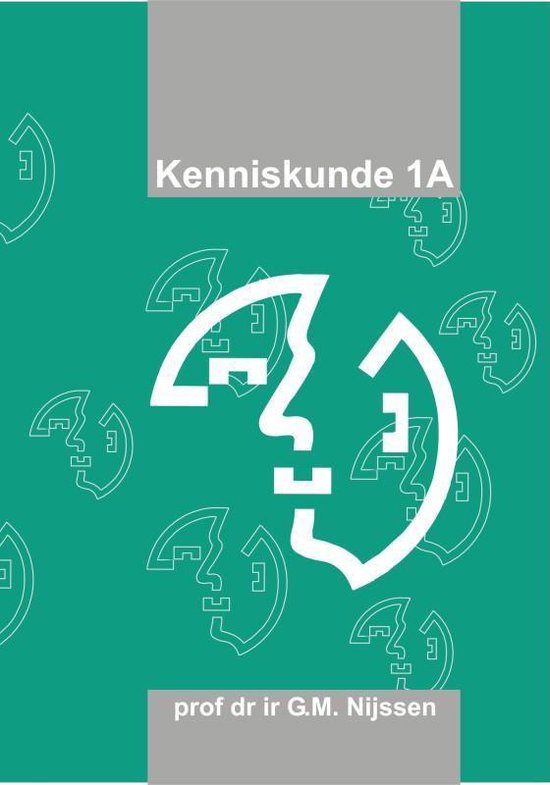A selection of our books, articles and whitepapers.

The government uses ICT facilities on a large scale when implementing legislation. This makes it possible to take quick decisions on the rights and obligations of citizens and businesses, but also to provide customised services. A good translation of legislation into digital executive practice requires precision in the interpretation of legislation and in recording its meaning and structure. Multidisciplinary and iterative cooperation between lawyers, implementation experts, knowledge modellers and software developers is essential for this. This builds a bridge between language and technology and contributes to the rules literally landing correctly in the systems. It also ensures that decisions taken on the basis of them can be explained and justified.
This book describes an approach to law analysis that offers support in the interpretation of legislation for an effective and explainable digital application of legislation and in the cooperation between the disciplines involved. In addition, it shows the concrete application of law analysis in two different legislative domains: the Health Care Insurance Act and the General Administrative Law Act.

In the industrial era, the generic skills of reading, writing and arithmetic were both essential for learning and practising most professions. Learning to master the aforementioned generic skills occupied a central position in basic education. In subsequent education, at MBO, HBO and university level, they were assumed to be familiar. Professional employees in today's economy are recommended, as argued in this book, to possess a number of additional generic skills. These include at least the ability to learn new knowledge and skills faster, to work prescriptively and very carefully with large amounts of structured verbal knowledge, and to work with verbal knowledge within a fully coherent model.
Knowledge Engineering is the new subject that can provide the necessary knowledge and skills for this.
It can be described as the additional reading, writing and arithmetic of the professional employee in learning and working in a knowledge-intensive company. It can also be seen as a combination, an amalgamation, of cared-for language and those parts of mathematics and logic that are widely used by people in daily practice.
In other words, 'Kenniskunde' is a subject in which Dutch, mathematics and logic are fully integrated for the first time. It is the additional reading, writing and arithmetic intended for every professional knowledge worker, i.e. the majority of the economically active population.